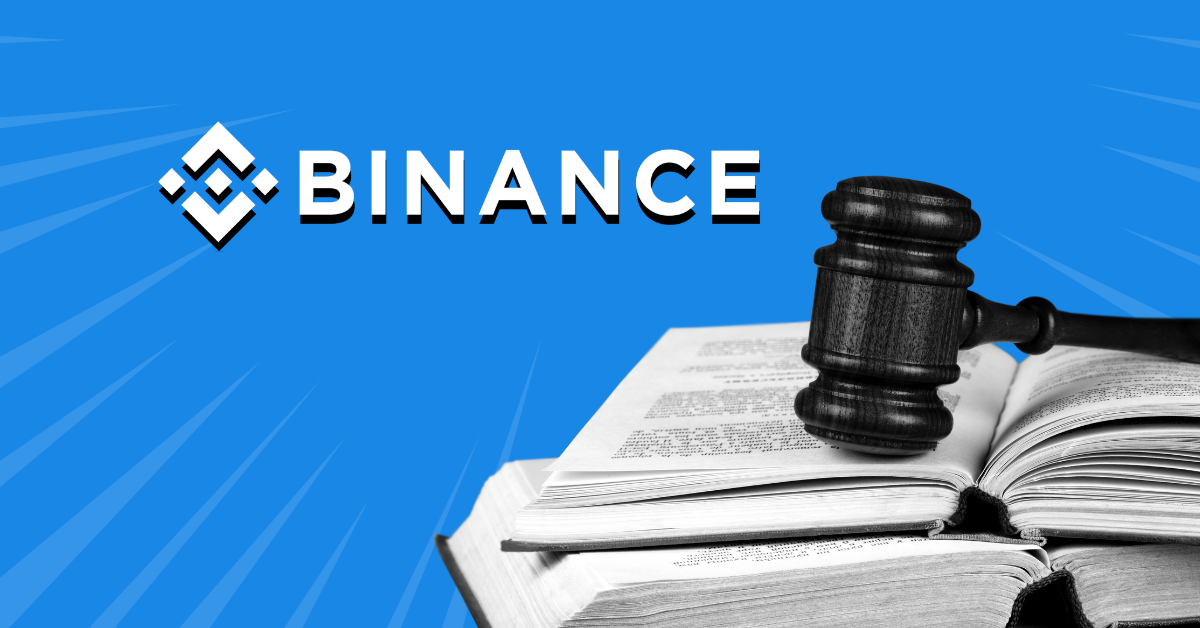
Jamie Dimon criticized Bitcoin and cryptocurrencies, calling them tools for money laundering.
Richard Teng, CEO of Binance, defended cryptocurrencies, arguing that they are not inherently fraudulent.
Both Teng and Dimon called for strategic thinking and the exploration of technological solutions to address the challenges
In an intense face-off, Binance’s CEO, Richard Teng, took the spotlight before the U.S. Senate Banking, Housing, and Urban Affairs committee on December 6, 2023. The hearing turned into a battleground as Teng defended cryptocurrencies against the skepticism voiced by financial heavyweight Jamie Dimon, CEO of JPMorgan Chase.
The stakes were high as the two clashed over the role and risks of cryptocurrencies in today’s financial world.
Opposition to Crypto
Jamie Dimon, a vocal critic of Bitcoin and cryptocurrencies, stirred the pot with his claim that these digital assets are tools for money laundering and tax evasion. His eyebrow-raising suggestion to “close down” Bitcoin, if in a position of governmental power, added fuel to the fire, highlighting the ongoing debate about the legitimacy and regulation of cryptocurrencies.
Teng’s Counterargument: Facts Over Fiction
In response to Dimon’s claims, Richard Teng made a compelling case, stressing the need for a reality check when comparing the scale of illicit activities in the crypto space to traditional fiat currency. Armed with data from Dr. Andrzei Gwizdalki, sourced from the UN and the World Economic Forum, Teng revealed a staggering fact.
Cryptocurrencies, often criticized for their perceived association with $20 billion in illegal activities, paled in comparison to the $3.2 trillion annually linked to fiat currencies like the USD.
Beyond the numbers, the conversation broadened to include more significant implications for global corruption and money laundering. Recent scandals, including the FTX controversy and the trial of Sam Bankman-Fried, intensified scrutiny on the cryptocurrency sector.
However, Teng and his allies argued that this spotlight shifted attention from the larger issue of financial crimes ingrained in the traditional banking system.
A Call for Strategic Thinking
As the session wrapped up, there was a unanimous call to action. Stakeholders urged strategic thinking and the exploration of technological solutions to counter negative perceptions and narratives haunting the crypto space. Teng positioned the industry not as inherently fraudulent but as a sector undergoing “creative destruction,” dealing with challenges like cybersecurity incidents and its role in addressing issues like ransomware payments.
While the debate continues, this Senate hearing marks a pivotal moment in the ongoing conversation about cryptocurrency’s role in the global financial system. Teng’s call to reshape the narrative, comparing illicit activities in the crypto sphere to the broader scale of traditional fiat-related crimes, calls for a reconsideration of how we perceive and regulate digital currencies on a global scale.







